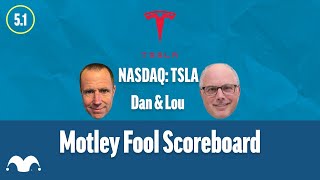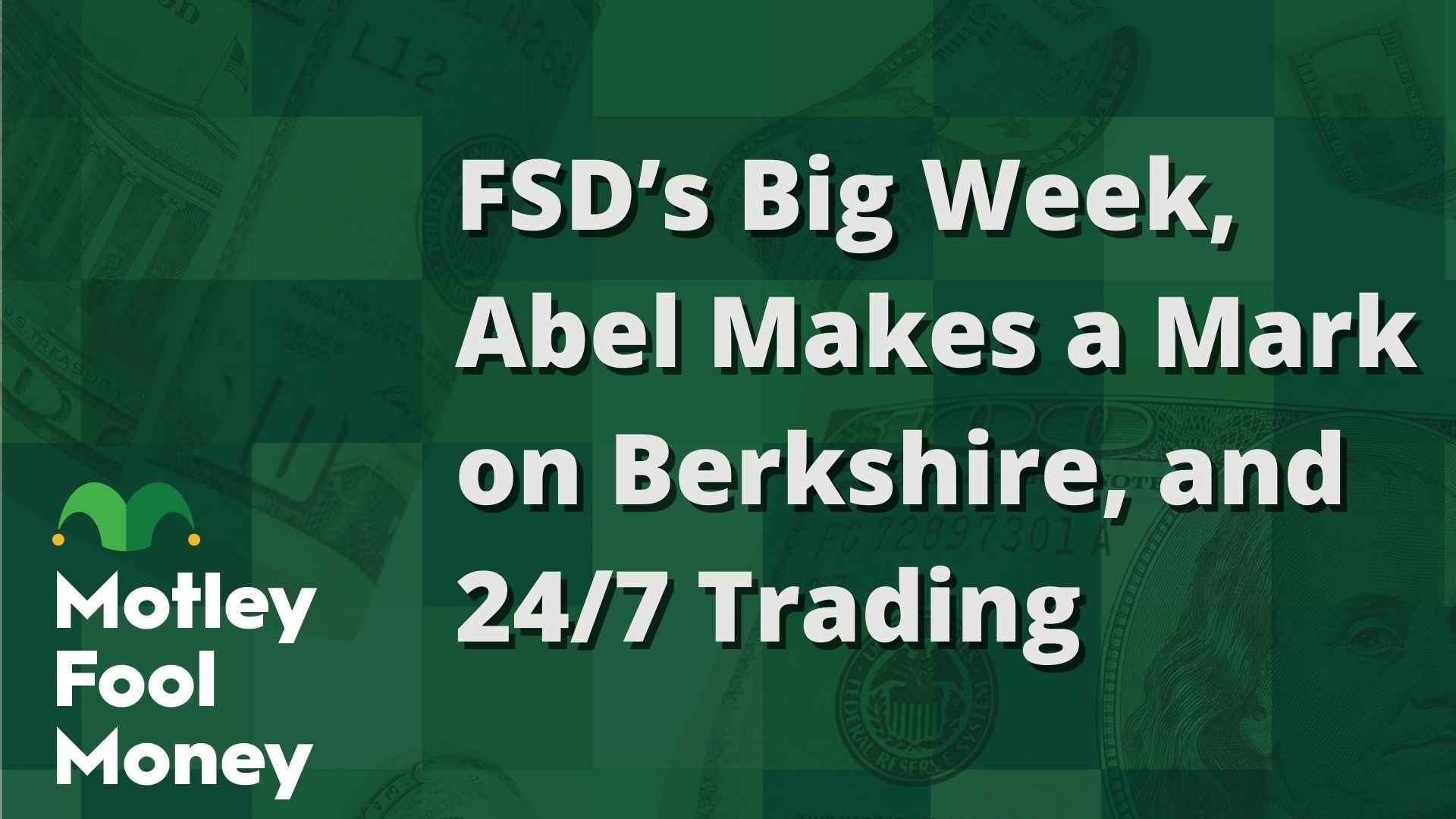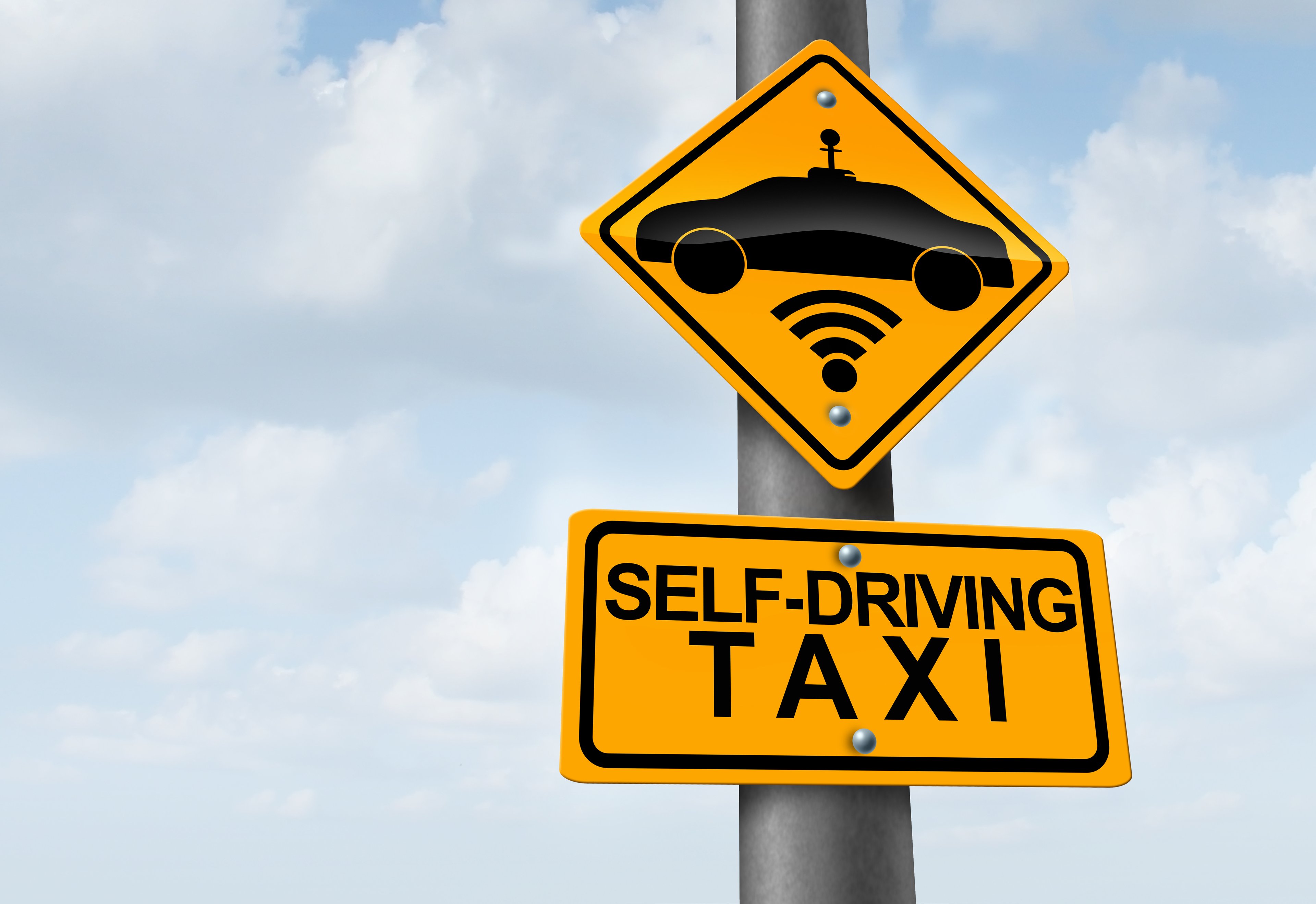Sometimes Tesla Motors (NASDAQ: TSLA) stock looks more like a roller coaster than a car. Investors along for the ride have seen Tesla trade between $45 and $265 during the past year, and I'm wondering if the track is heading down hill.
Price trends are one thing, but even CEO Elon Musk conceded that the "stock price that [Tesla has] is more than we have any right to deserve." Musk made that comment last October when shares traded near $170. While Tesla's potential to captivate a growing industry continually romances the market, remember to put on your seatbelt.
Rapid growth
Although an increase in sales is typically a positive indication for a company's future, it may not be in the case of Tesla. In 2012-2013, sales grew an astounding 387%, while assets, only climbed 117%. This is a point of concern.
If Tesla's sales develop too quickly then it may have trouble securing the assets necessary to accommodate such growth. Assuming that electric vehicles, or EV, continue to gain popularity in the automobile industry, Tesla could bleed market share to competitors if it does not find a way to develop its assets.
Divergent market strategy
Demand in the electric-car segment is expected to grow at an annual rate of 7% until 2020. . As a result, the competition is increasing.
A focus on fuel economy, government required low-emissions, and decreasing operational costs for electric-car makers brought many big names to the arena, dividing the market into several niche categories.
The first is affordability. General Motors' (GM +0.24%) Chevrolet has two models, the Volt and the Spark, priced at $27,000 and $12,000, respectively . Both have been disappointments.
GM sold 23,094 Volts in 2013, down from 2012. Further, only 589 Sparks sold during the seven months it was on the market. (It's worth noting that overall U.S. car sales were up about 8% in 2013.) Also on the market, Toyota's plug-in Prius comes in slightly lower at $30,000and Kia is coming out with its electric Soul later this year.
The second is luxury. Mercedes' B-class and BMW's i3 sell style and elegance to those willing to foot the higher price tag.
The third is sport. In this niche, Tesla stands alone. Tesla was born in a garage, grew up on the track, and lives in the winner's circle. Its Roadster was the first electric supercar, and the Model S boasts a blistering zero to 60 mph acceleration of 4.2 seconds.
However, there is a problem: I think that Tesla's plan to position its Gen III model into a lower pricing bracket (around $40,000) will create brand confusion.
Creating an "affordable" Tesla is like the K900 "luxury" Kia. It just doesn't make any sense. I would prefer to see Tesla create a new brand to sell its lower-end cars, much like Toyota sells Lexus to its high-end users and Toyota to its middle and lower-end users.
Cyclical industry
The economy is not immune to recession, and it's almost a guarantee one will be experienced again. Cyclical products such as cars will likely experience growth problems, especially those companies with a high degree of operating leverage (where each additional product sale contributes a greater portion toward gross margin).
Automakers need to address these growth issues. . Tesla's plan to build its Gigafactory and expand its number of Supercharger stations is contingent on demand.
Musk reports that the new factory will produce 500,000 cars per year by 2020, reducing the cost of its 60-kilowatt-hour battery pack by 30%. Any hiccup in the market or decrease in demand could be disastrous for Tesla's future.
A turn for the worse would leave Tesla sitting on a $5 billion facility, making batteries that no one wants. Long-term investors should be wary of such a risk.
Overvalued, in my opinion
The value of Tesla's stock is fueled by kerosene. It burns hot, but for how long? Currently, Tesla is trading at 12 times last year's sales. If Tesla were to have a (very high) 10% profit margin yielding $200 million (profits are currently negative), the P/E multiple would then be 122.
Aswath Damodaran, professor of finance at NYU's Stern School of Business, has a simple view regarding the value of Tesla: any reasonable valuation metric yields an overvaluation. This past year, Tesla reached a market capitalization of $22 billion and sold roughly 25,000 cars. So each car Tesla produced in 2013 was worth about $900,000. Also, shareholders swallowed a negative 25% return on equity for their investment. Considering these and many other calculations, Tesla should be valued at much lower than it is currently. Yet, investors keep saying, "Yes."
The future of Tesla
Tesla is a good buy, just not at current prices. The success of Tesla depends largely on its ability to develop its assets and the accuracy of its growth forecasts. Further, if Tesla can secure its location and finances for the Gigafactory and reach projected production capacity, it will be well on its way to justifying its valuation.
For the time being, Tesla's future remains highly uncertain. If you're long, sit back and hold on tight.







